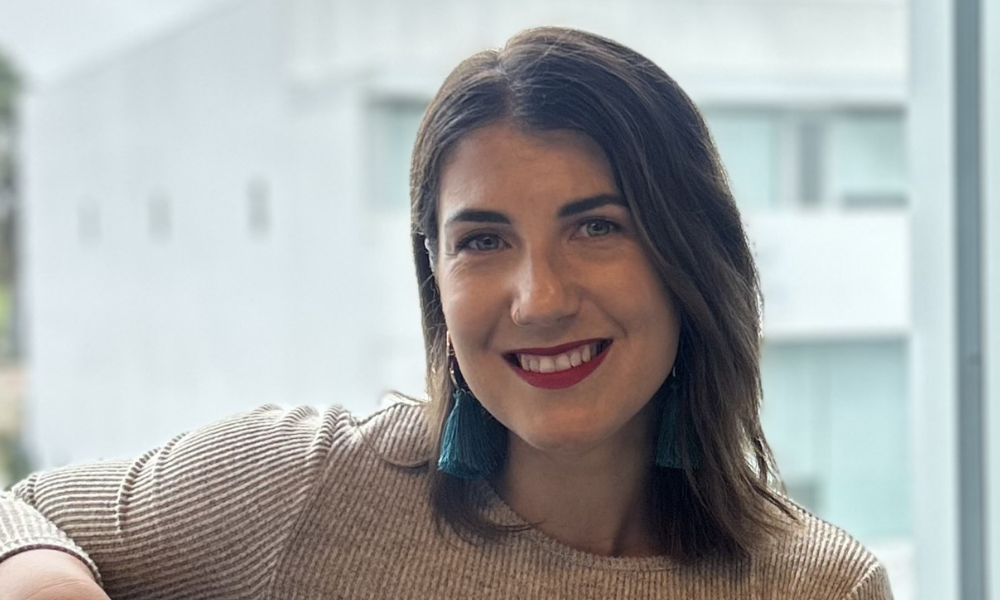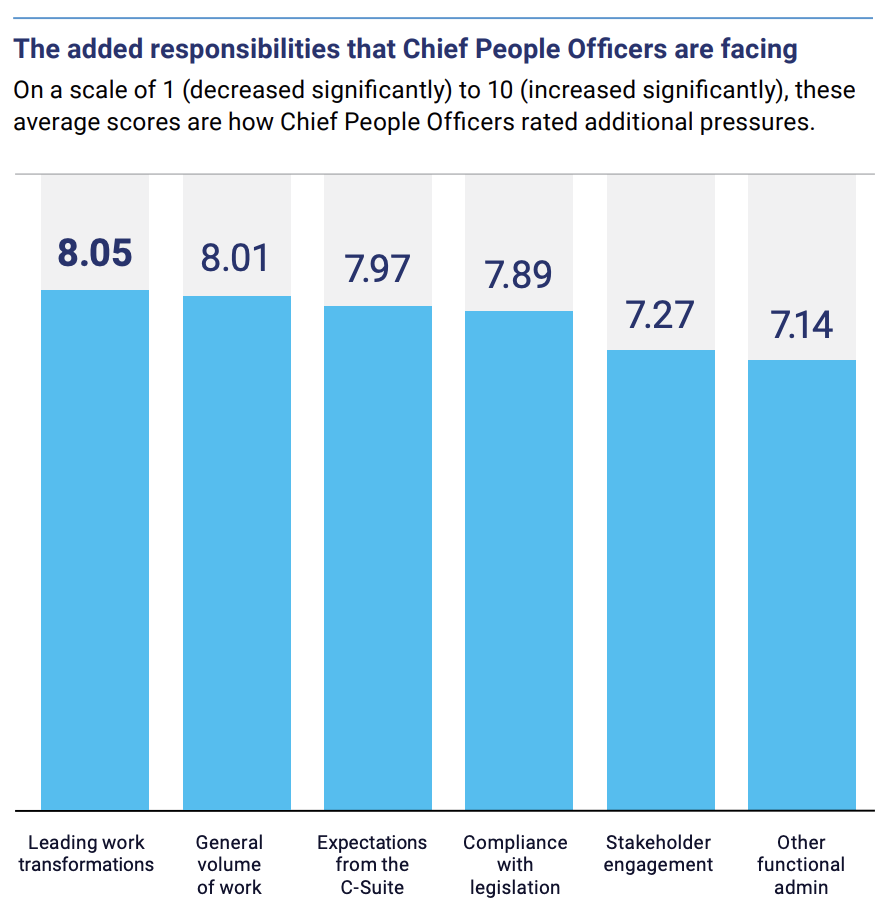
How can CPOs successfully navigate their evolving role in workplaces?

Chief people officers across New Zealand are being encouraged to be bold as their presence at the senior executive table becomes even more pronounced in the wake of their transforming role in organisations.
Recent findings from Hays revealed that 80% of C-suite HR professionals in Australia and New Zealand are dealing with additional workloads, and not in the traditional areas associated with the HR department.
Bianca Herbst, Business Director, New Zealand Corporate and Specialist Recruitment, Hays NZ, said the transformation saw CPOs moving from a traditional HR function to a "more highly strategic operationally integrated position."
"CPOs today, they are tasked not just with the people management, but with leading major organisational transformations, navigating complex legislative changes, spearheading EVP development, and then, of course, the integration of AI in the workplace," Herbst told HRD.
"So, as a result, they're now expected to play a key role in strategic decision-making alongside other members of the executive team."

Several factors drove this change in the CPO role, according to Herbst.
"I think, most notably, the pandemic accelerated the importance of culture, communication, and wellbeing in the workplace, and all of that really ended up falling under the CPO's remit," she said.
"And since then, we've had ongoing challenges: skills shortage, rising labour costs, increased focus on employee experience, introduction of new technology, AI. All of these things have continuously broadened their responsibilities."
Navigating these changes in responsibilities may be challenging, but Herbst advised CPOs to understand their worth in the workplace.
"Build your commercial literacy, know how your function contributes to the bottom line, that is really important," the business director said. "Be bold about your seat at the table. The organisation needs your perspective, now more than ever."
She also underscored the importance of continuing to champion EVP development.
"Making your organisation's unique value clear is going to help attract and retain top talent, which is crucial for any organisation," Herbst said.
"And then lastly, continue to lead with purpose and humanity. Human skills, like empathy, communication, adaptability, they remain central to the success of any CPO and CPO function."
To better manage their new responsibilities, 85% of respondents in the Hays report said they are looking to upskill. The top skills needed to take over the top HR job include:
"These are not necessarily considered traditional HR skills and point to the more integrated part that Chief People Officers play in overall business strategy," the report read.
There are also other essential capabilities that CPOs need to develop to succeed in their expanded roles, according to Herbst. They include resilience, project management, change communication, and data fluency.
"Invest in your own resilience — it is identified as the top skill needed and there's a reason for that, if you look at the function," Herbst said.
The need to invest in resilience comes amid the risk of burnout among CPOs in the wake of their expanded roles in organisations.
In fact, 32% of CPOs said they are personally looking, or open to, potential new opportunities in the year ahead, with 41% of them citing work-life balance as one of the reasons for their career move.

"Ironically, a lot of the CPOs aren't currently experiencing that work-life balance and that strong internal culture themselves. The thing is if the CPOs don't feel alignment of their executive team in the business, they are going to choose to move on," Herbst said.
To prevent burnout and drive retention strategy, she advised organisations to provide genuine executive support and resources.
"They do need to recognise the strategic value of the CPO role," she added.
"They need to offer professional development. They need to give their people space to be innovative. And of course, as with all roles, they need to ensure a work-life balance and a strong internal culture."